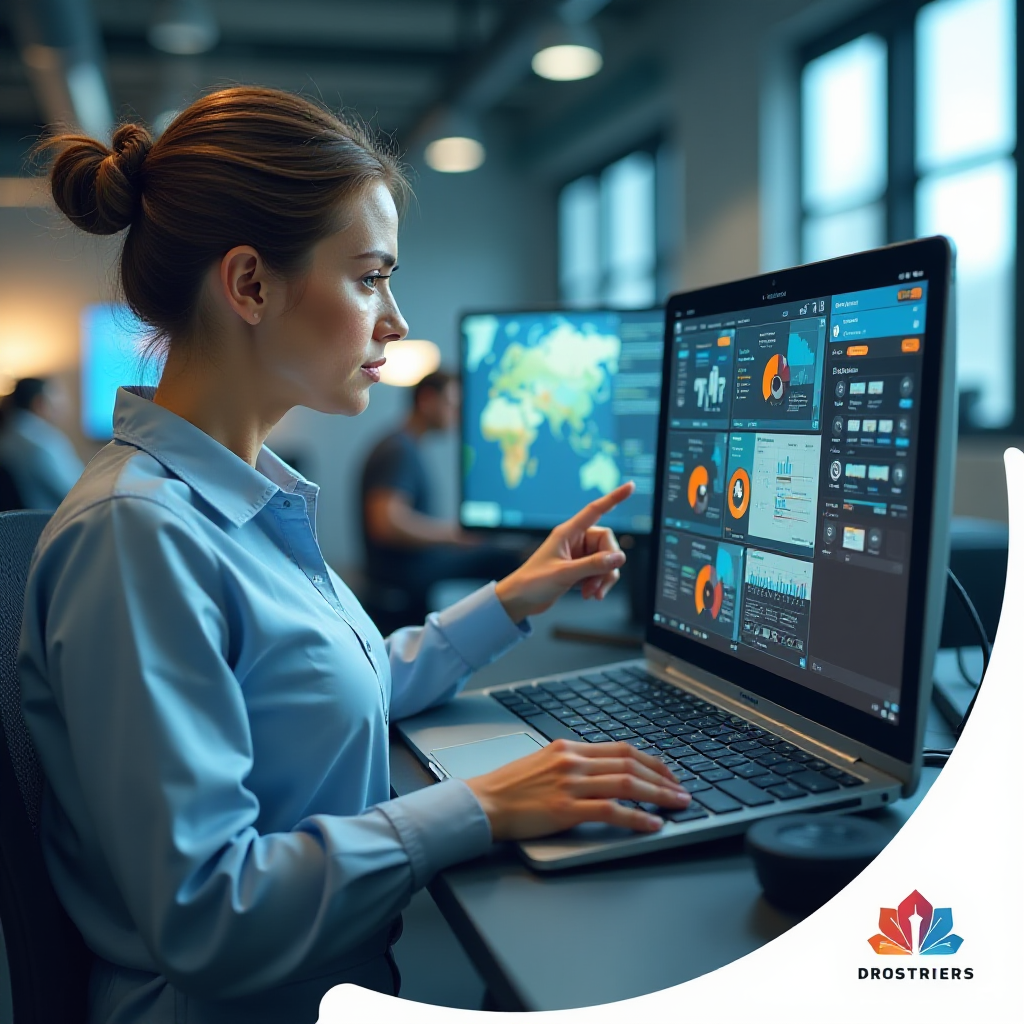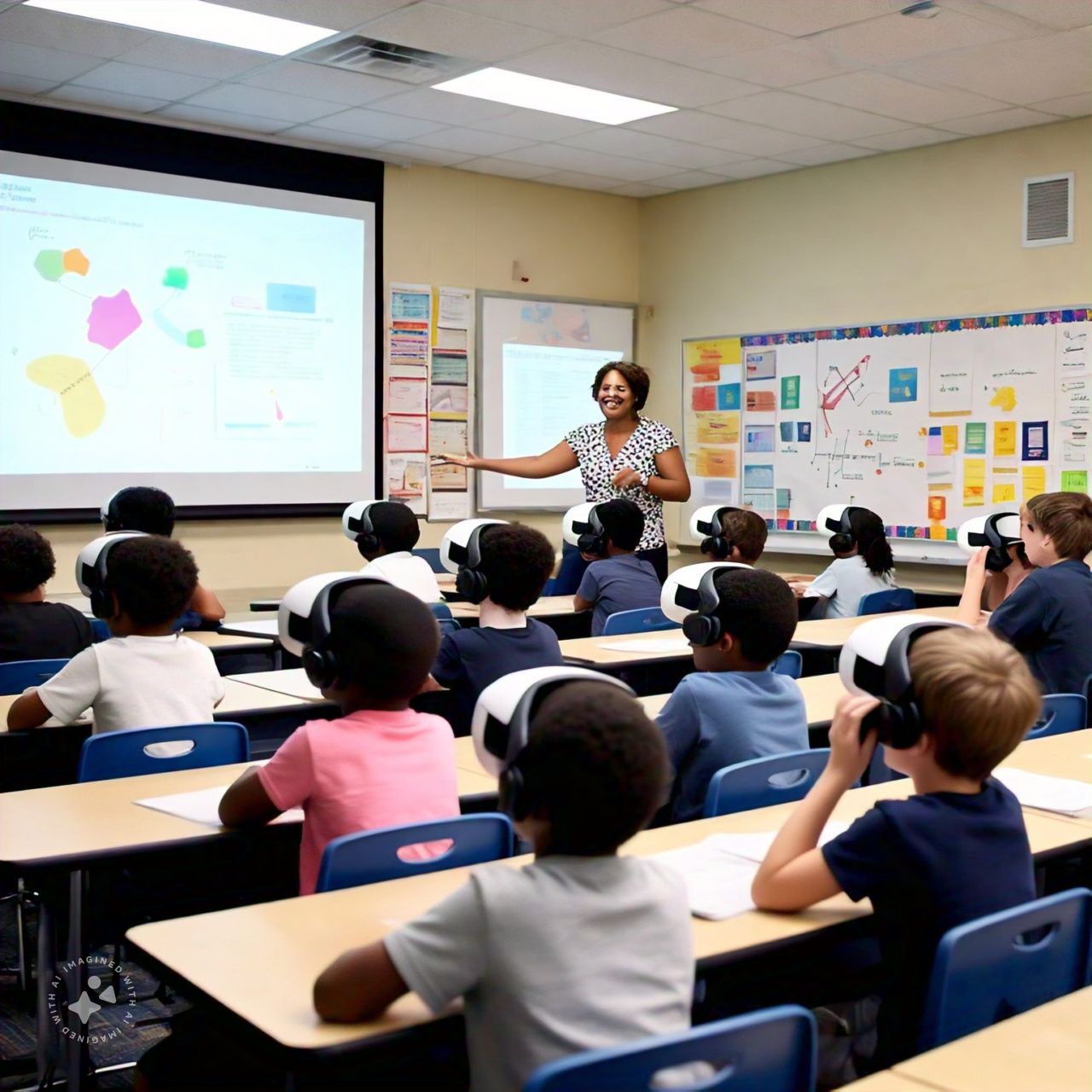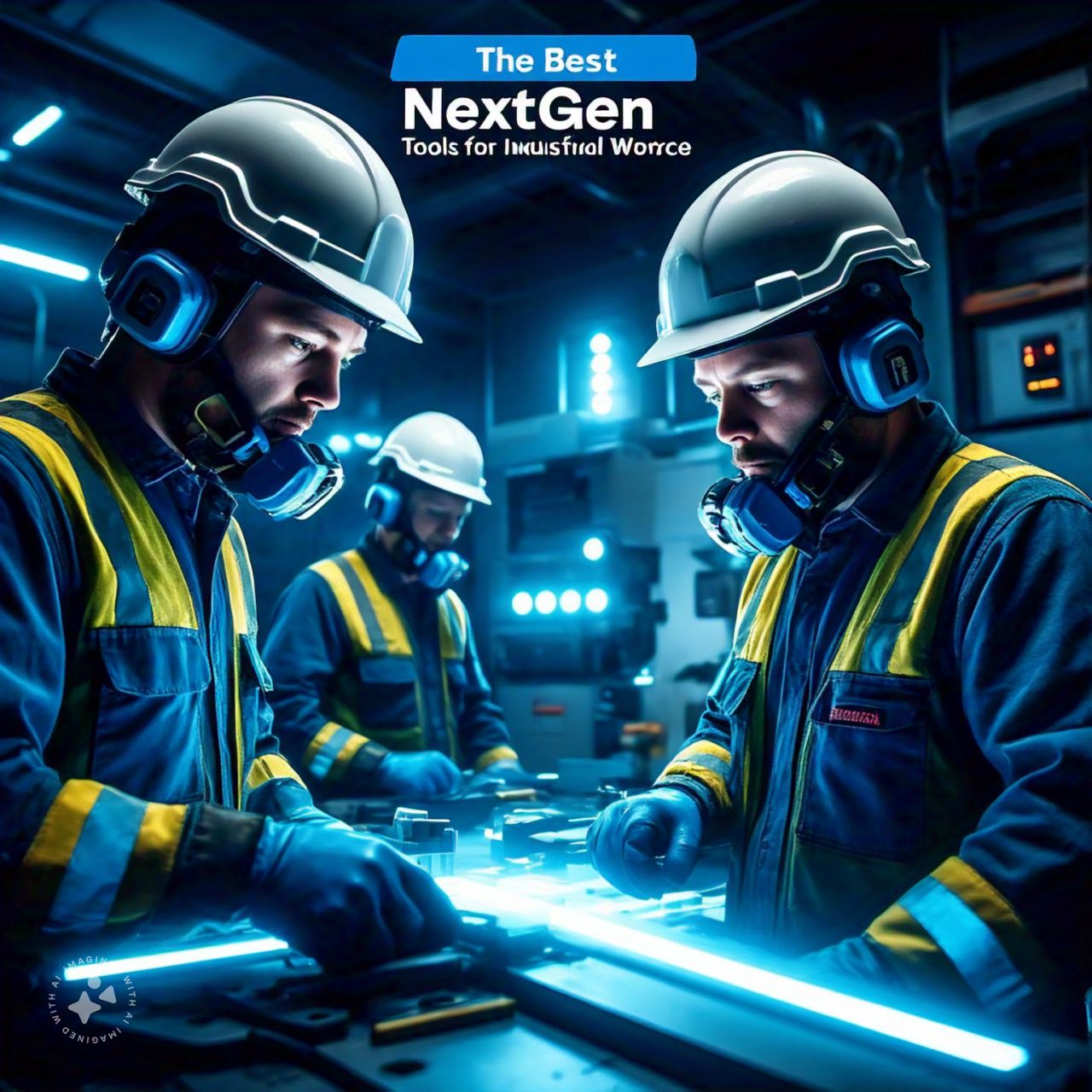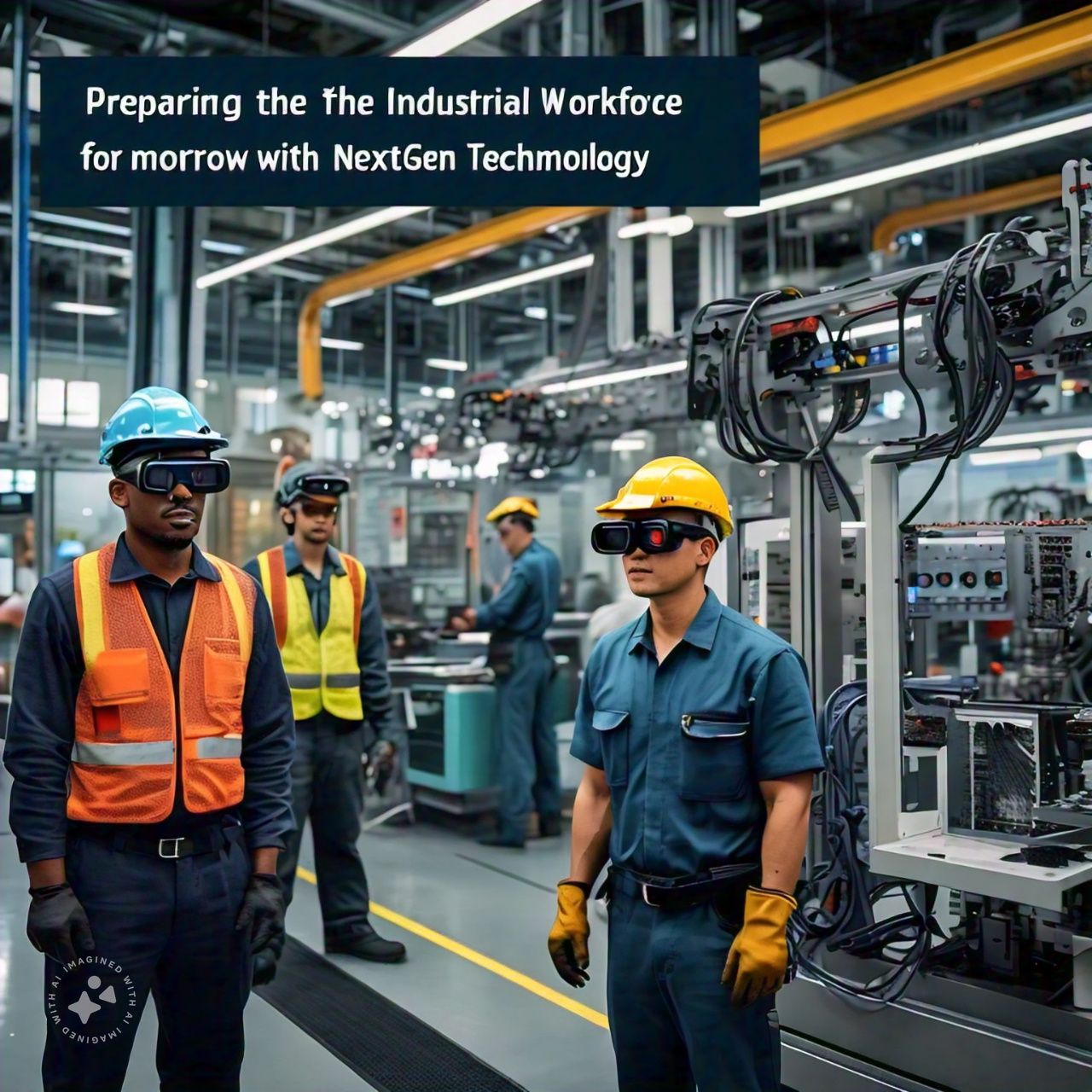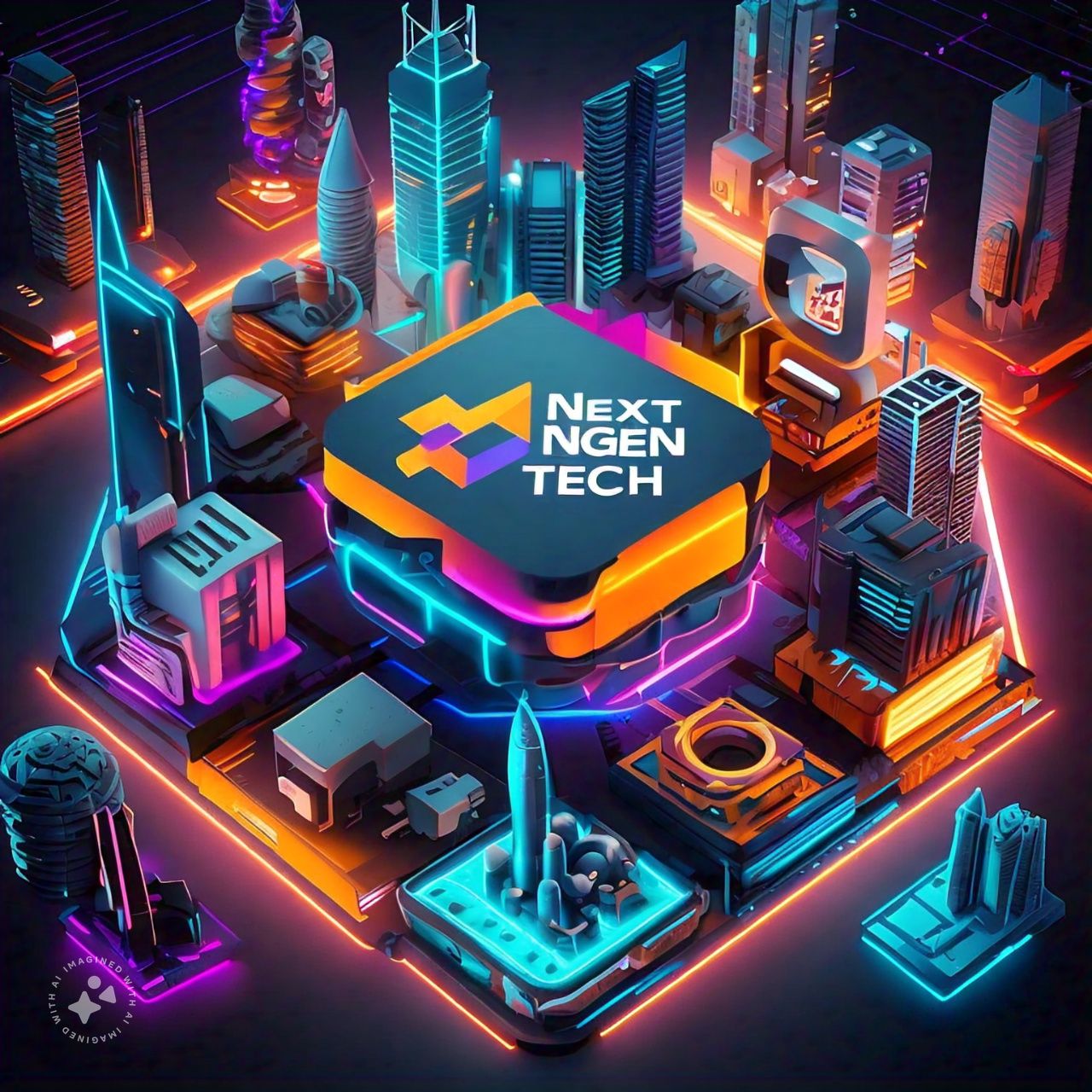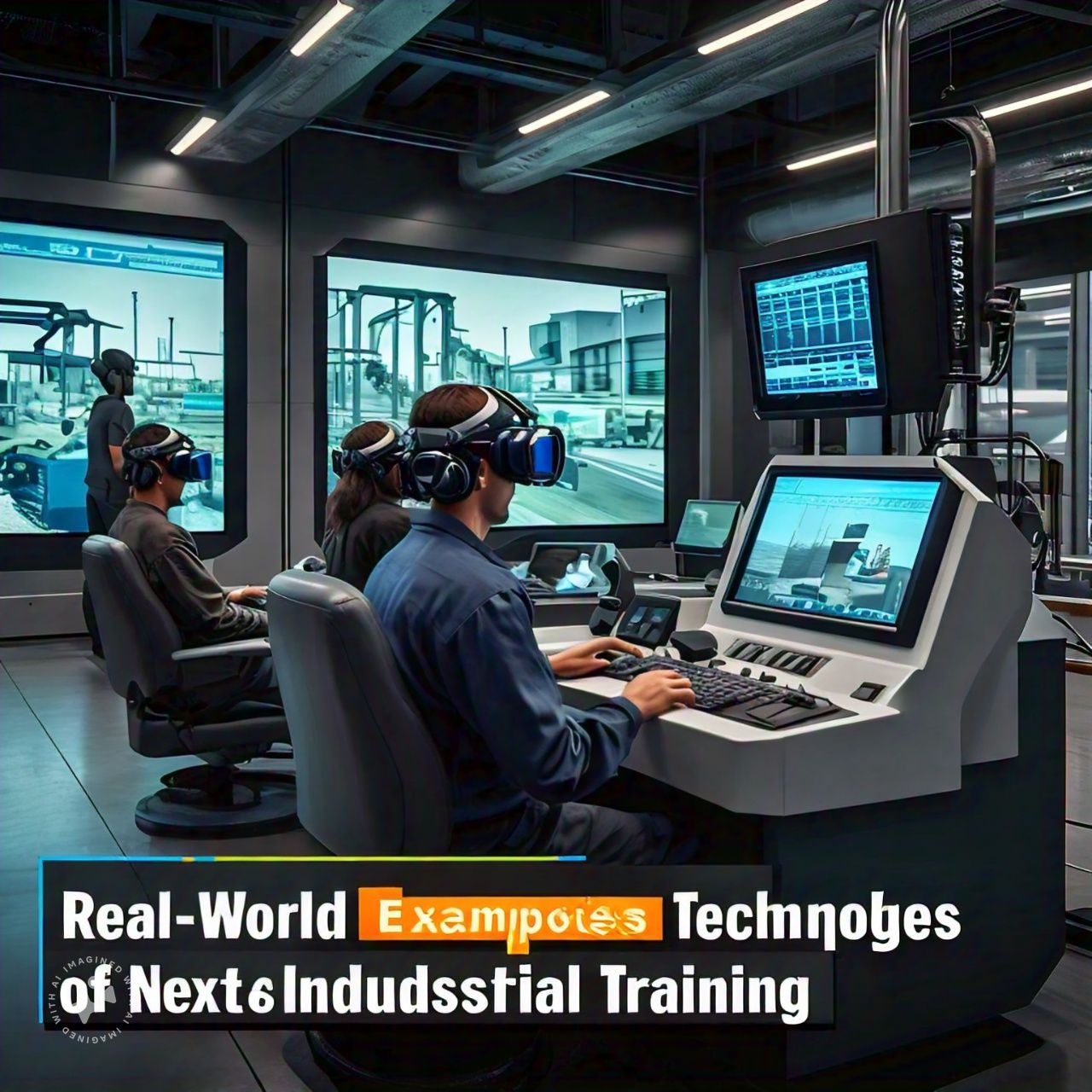
Industrial Virtual Training Solutions
In recent years, Industrial Virtual Training Solutions have revolutionized the way industries approach employee training, offering immersive, hands-on experiences that traditional methods simply can’t match. Virtual Reality (VR) training is particularly transformative in fields like manufacturing, construction, oil and gas, and logistics, where workers need to learn complex skills quickly, efficiently, and, most importantly, safely.
With the ability to simulate realistic scenarios, VR training allows workers to learn by doing—without the risks associated with hands-on training in hazardous environments. VR technology has also become more accessible and affordable, making it a go-to choice for companies looking to equip their workforce with the necessary skills in a safe, controlled setting.
Benefits of VR Training in the Industrial Sector
Virtual reality training offers numerous advantages that are hard to achieve through conventional training programs. Here are some of the most impactful benefits:
- Enhanced Safety: VR training significantly reduces the risks associated with hands-on training, especially in high-stakes environments. Employees can practice safety protocols, machinery operations, and emergency procedures without endangering themselves or others.
- Cost-Effectiveness: While setting up VR systems may require an initial investment, companies save considerably in the long run by avoiding costs related to equipment wear and tear, potential accidents, and facility downtime. VR training can be conducted as often as needed, and employees can learn at their own pace, reducing the necessity for repeated on-the-job training sessions.
- Increased Efficiency: VR training allows employees to gain proficiency in specific tasks faster. Simulations can be replayed, and training modules can be customized, making it easy to address each employee’s unique needs and skill levels. This personalization accelerates the learning curve and improves knowledge retention, especially in complex roles.
- Improved Engagement and Knowledge Retention: Because VR training is interactive and immersive, employees are more likely to remain engaged. Studies have shown that immersive learning improves memory retention compared to traditional training, making VR an ideal tool for complex tasks that require detailed understanding.
- Environmental Impact: By reducing the need for physical materials and repetitive machinery use, VR training minimizes the environmental impact of training programs. Fewer resources are needed, contributing to a more sustainable training solution.

Key Applications of VR in Industry
Industrial virtual training is applied across various sectors, helping companies streamline training processes and enhance operational safety. Here’s how VR is making an impact in several key industries:
- Manufacturing: In manufacturing, VR training helps employees understand assembly processes, machinery operation, and maintenance protocols. Workers can be trained to operate complex machinery in a risk-free environment, reducing the chance of errors when they transition to actual machines.
- Construction: Construction workers benefit from VR training by simulating real-life building environments. They can learn site safety procedures, blueprint interpretation, and equipment handling, which prepares them to respond to potential hazards and navigate the worksite safely.
- Oil and Gas: In the oil and gas industry, VR is used to simulate hazardous environments and teach emergency response skills. Workers can learn how to manage gas leaks, fire incidents, and equipment failures in a realistic but risk-free setting.
- Logistics and Warehousing: VR training solutions are particularly useful for training warehouse employees on inventory management, forklift operation, and packing processes. This enables logistics companies to reduce human error and enhance efficiency.
Case Studies: Successful VR Training Implementations
VR training has proven successful in several real-world industrial applications, showcasing the technology’s versatility and impact. Here are some inspiring case studies:
- Volkswagen Group: Volkswagen incorporated VR training across its facilities to teach employees about production processes and quality control. Employees use VR to explore assembly lines, identify defects, and practice procedures without interrupting actual production lines.
- BP Oil and Gas: BP uses VR training to simulate offshore drilling environments. Workers are trained on emergency response and technical skills required for safe operations in challenging offshore locations, drastically improving safety standards and preparedness.
- Boeing Aerospace: Boeing uses VR to train its technicians in aircraft assembly and maintenance. VR allows them to explore the layout of an aircraft’s components virtually, which improves precision and reduces the time required for on-site training.
These cases demonstrate that VR training isn’t just a trend—it’s a transformative tool helping companies achieve higher safety standards, efficiency, and operational effectiveness.
Future of VR Training in Industry
As VR technology continues to evolve, its applications in the industrial sector are expected to expand. Emerging trends include the integration of artificial intelligence (AI) with VR, allowing training programs to adapt to each worker’s learning speed and style. AI-enabled VR can analyze performance metrics and provide real-time feedback, enhancing the learning experience further.
Moreover, as VR headsets become more affordable and powerful, VR training will become increasingly accessible to small and medium-sized enterprises (SMEs). Remote VR training is also on the rise, making it possible for employees to participate in training sessions from anywhere in the world, enabling global companies to train their workforce consistently across locations.
The adoption of VR in industries like agriculture, transportation, and energy is predicted to grow as companies realize the benefits of immersive learning for their workforce. With these advancements, VR is set to become a mainstay in the industrial sector, providing a scalable and flexible training solution that meets the diverse needs of modern companies.
Conclusion
Virtual training solutions are revolutionizing the industrial sector, providing safe, cost-effective, and efficient ways to train employees. VR’s immersive capabilities help industrial workers acquire essential skills, retain knowledge, and perform their roles confidently and safely. As VR technology continues to improve, industries worldwide are set to benefit from more accessible, flexible, and effective training programs.

